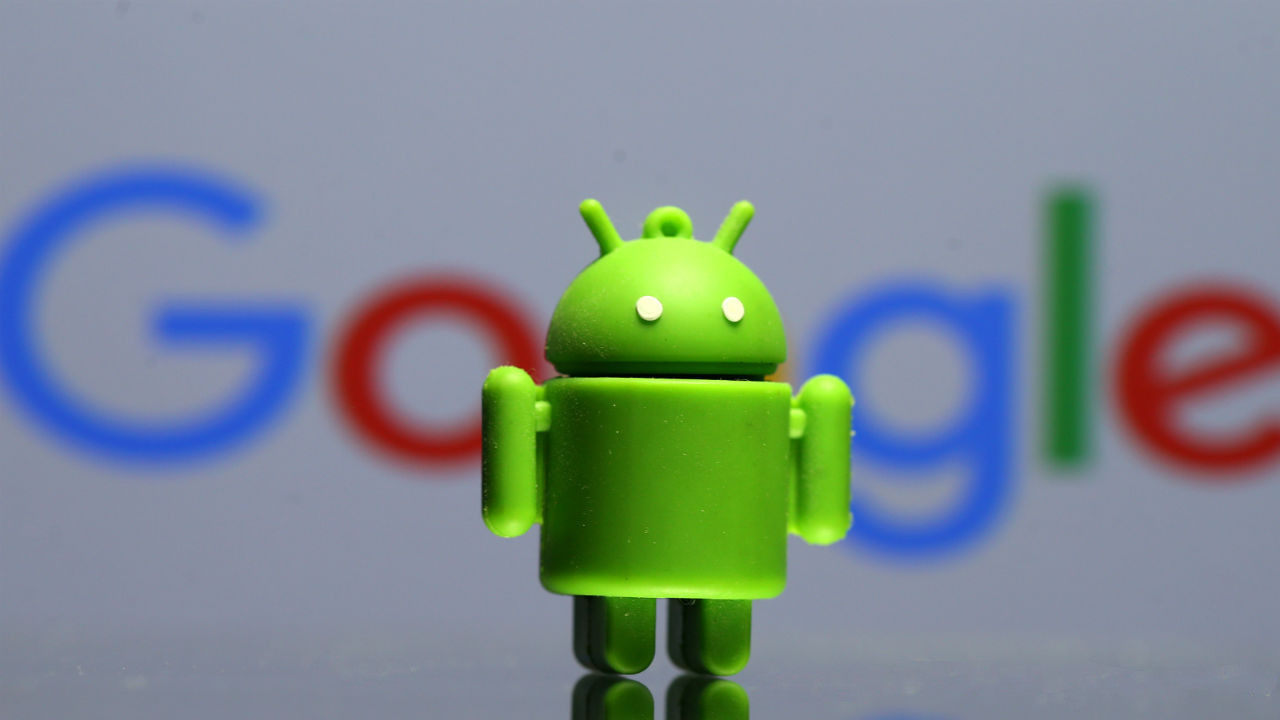Google plans to charge mobile device manufacturers up to $ 40 for each device sold.

True, so far only in the European Union. All this - the consequences of the decision of the European Commission, which considered the corporation a monopolist, worthy of punishment. Previously, almost all manufacturers of mobile devices with Android OS installed all services from Google by default - search, browser, maps, etc.
But European officials considered such an arrangement illegal and fined Google Corporation $ 5 billion. The company, in turn, said it would act in accordance with the decree. In this case, the company is going to charge for each phone sold, where there are no Google services by default, but there is an Android OS.
The Verge journalists received detailed information on how and in what amount payments will be charged. As it turned out, the company is going to collect $ 40 deductions from each mobile device sold with Android OS on board. The amount is not fixed, it will vary not only depending on the country of sale, but also on the density of pixels on the screen of the user device.
The company's management decided to divide Europe into three conditional groups. Great Britain, Sweden, Germany, Norway and the Netherlands will become those countries where the maximum license fee amount will be charged from the sale of a telephone.
Minimum - $ 2.5 for one device, this amount is planned for entry-level smartphones that do not cost too much. As for tablets, the companies that produce and sell them will be required to pay corporations about $ 20 per device. It sounds strange, but if you look at the sales of mobile devices with Android OS on board in Europe, you can see that Google’s revenues will be considerable.
In addition, this means a change in the price of the device. If the same S9 in the UK is selling for about $ 720 (equivalent), then subject to the appointment of a Google royalty of $ 40, the already high price of the flagship device will soar to $ 760. Among other things, the company is going to create a list of those companies that have abandoned the preset Chrome. This is done for a reason: those companies that did this will lose money, because Google will stop sharing with them the advertising revenue of its advertising network.
According to experts, the current situation is a direct consequence of the actions of the European Commission, which really considered Android as the product of one monopolist - Google Corporation. After that, as mentioned above, the company was decided to fine billions of US dollars.
It is worth noting that the market for patents and rights to them in the Android sphere is quite complicated. So, the core of any smartphone or tablet is the base Android OS, you don’t have to pay anything for it. But if you need an already commercially attractive device, you may have to install the corporation’s mobile applications on your phones, at least in order to make the sold gadgets more popular.
Typically, a package of services from Google includes modules such as the Google Play Store and Google Play Services. Installing these services allows you to use killer features companies like Gmail, Google Maps, YouTube, etc. In the usual case, all these applications cost the manufacturers nothing. But this is if everything is put in a package. According to the previous working conditions with Android OS, if the manufacturer wanted to install Android OS with some service from Google (at least one) on the phone of its own, then it was necessary to put everything at once.
Now all this is not required, but companies will have to pay. On the other hand, it all looks like an opportunity to choose the necessary services, paying for so much money as licensing fees.
In principle, all this can be considered as a more flexible opportunity to choose what is needed. On the other hand, it is unlikely that someone from the developers of mobile devices would like to pay $ 40 from the phone, even if the payments for the low-cost versions of devices are relatively small.
